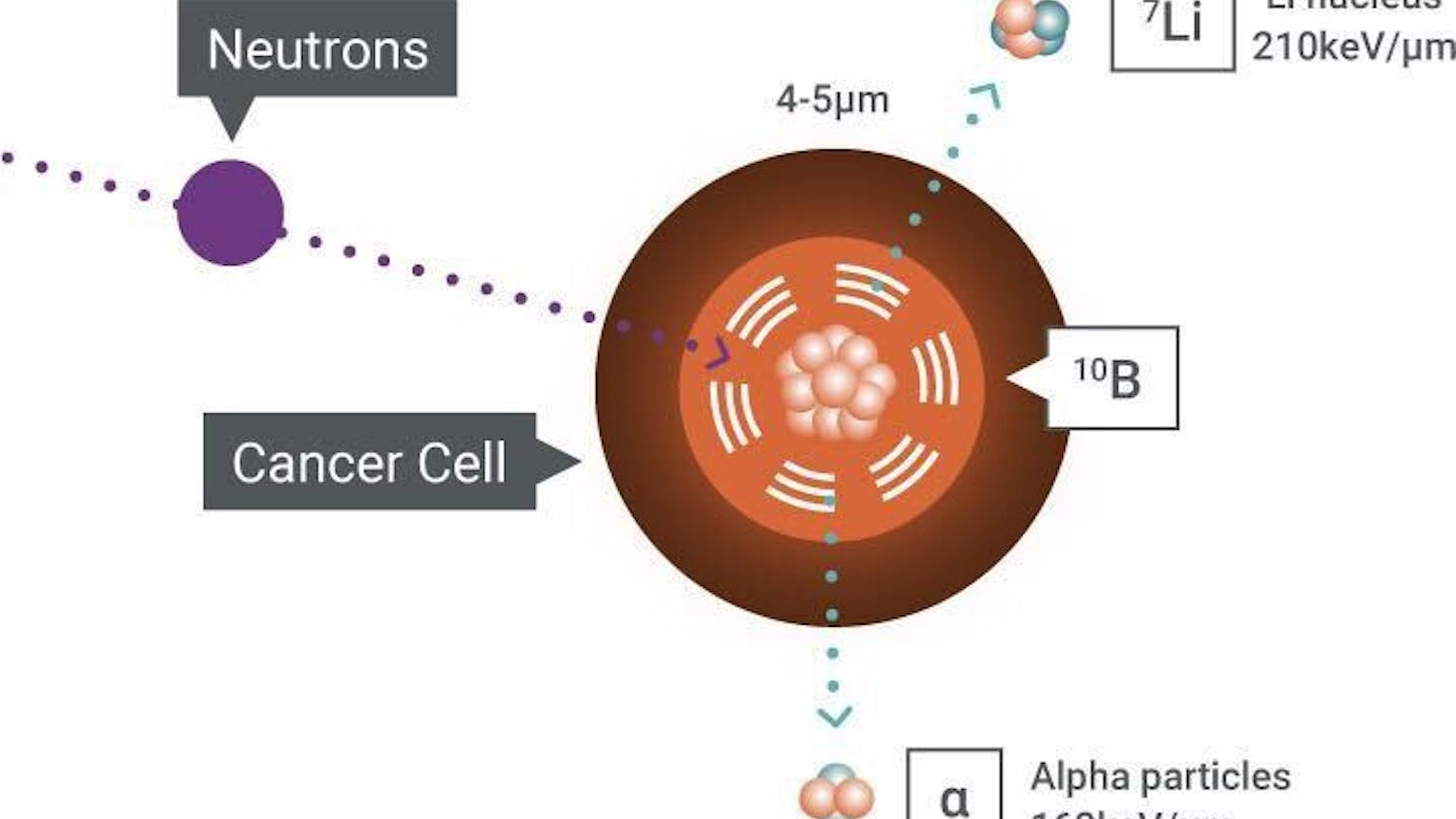When I decided to write about UW’s Housing sustainability projects, I didn’t expect to get a two for one during my interview, but indeed that is what I got. The program manager for sustainability is a brand new position in the housing department, acting as a testament to the importance of sustainability on this campus, and Laura Shere is the first person to hold this esteemed title.
“My job is to track sustainability on campus and look for outside funding,” Shere said.
Not only is Shere involved with her regular duties, but over her first year on the job, she became involved in student initiatives, including RecycleMania and Campus Conservation Nationals (CCN).
She explained the Campus Conservation Nationals is a competition among universities for reduced water and energy use. RecycleMania is another national competition among universities for, as you can guess, recycling.
For anybody living in the dorms, Shere was one of the masterminds behind the syllabus for sustainability, which is a guideline to recycling in the dorms. In addition to the regular trash cans, which are labeled with “Landfill,” each dorm received four additional bins: “Cans, Glass, Plastic,” “Mixed Paper,” “Compost/Organic Waste” and “Campus Recycling.”
At this point in our interview, Mark Henry, Assistant Director of Facilities, joined us. Henry explained that technically his job wasn’t related to environmental issues. But he had a “passion for sustainability and decreasing energy use.”
“Madison is a learning institution and the staff and housing support the residents. We are contributing to their learning experience, ” Henry said.
So what is the driving force behind UW’s incredible sustainability push?
“Students are interested in a different way,” Shere said. “They want to make sustainability part of every day life, whether it’s recycling, food options or building changes. It’s been normalized.”
“There’s been raised awarenress about global climate change. Younger people understand that fossil fuels aren’t going to be around for the future,” Henry said.
Not only do students win by reducing, but the university does too. The CCN resulted in noticeable electrical reductions that saved money for housing to be invested elsewhere.
I asked Henry what technical efforts they’re making. The Housing department’s full-time designer sources local furniture and materials. Hot water is heated by solar panels. In the new buildings, including Dejope, each room has its own controls for heating and cooling, so when students come and go, they can easily adjust to save energy. The newer buildings also have a heat recovery system where the air is captured in a heat wheel and turns cooler air into hot air.
I also asked how students can get involved. In a nutshell, RecycleMania, the CCN and overall increased awareness have jump-started student involvement. On campus, students can get involved in Greenhouse, which is part of Leopold Hall. Students in the Greenhouse “choose this dorm because they want this lifestyle,” Shere said. There is the sustainability council, which provides leadership and organization for the 20 campus environmental groups.
Essentially, the council organizes what is already happening on campus and fills in gaps. Shere mentioned the “Green Fund,” which is the final stages of approval. The Green Fund would funnel a chunk of segregated fees into sustainability grants. These two gave me a broad overview, but it was clear from their references that I could dig much deeper into student involvement.
Making a difference doesn’t need to be complicated. When I mentioned the overwhelming nature of affecting change, Henry said, “Yes, but it’s a lot of individuals working together to make a difference.”
Simply unplugging electronics and turning down the thermostat at night can contribute to energy reduction.
And finally, something Henry said really stuck with me, it seems to be an important theme of the sustainability movement.
When talking about the cool features in the buildings, he said, “These additions cost more in the short term, but we are saving a lot in the long term.”
It seems that this should be the theme for environmental issues. It will take effort and time in the short term, but in the long term, we will be gaining a lot more.





